
Former professional football player Garth Crooks will present a talk at BU on Tuesday 13 December, 3pm to 4pm.
Talent Without Borders has fascinated me all of my professional life. People like Muhammed Ali, George Best, John McEnroe and Eric Cantana are all sporting icons. As famous for their mercurial behaviour as they were for their sporting genius. Each one very different from the other but all refusing to be limited by convention. What lessons can executives learn from the dressing room and are Boardrooms missing some of the best talent?
Does difference matter and if so what are you going to do about it? If difference doesn’t matter why are we all getting so worked up about it?
Speaker Biography
Garth Crooks is a former professional football player who had a fine career playing for a number of top flight sides. These include sides such as Tottenham Hotspur, West Bromwich Albion, Stoke City, Manchester United and Charlton Athletic. As well as his on pitch antics, Garth was also proudly elected as the first ever black chairman of the Professional Footballers’ Association union having been an active member of it all throughout his playing career. He relinquished the role at the same time as retiring from playing in 1990.
After leaving the game behind, Garth has become a prominent football pundit and commentator. Most often working on the BBC and Saturday shows like Football Focus, plus Final Score and as a stand in on Match of the Day, Garth Crooks truly offers a real and rare insight and does so with real honesty. Garth has also been chief reporter at things like the England camp at Euro 2000 and the 2002 World Cup, whilst during the late 1990s he was presenter of the political television show Despatch Box. For his long time dedication and services to the sport, Garth was honoured by the Queen with an OBE in the New Year’s Honours list. As such he is a great sporting star to have as brand ambassador, guess on a TV show, host on radio or to present an award at a sporting or charity function as well as to deliver after dinner speeches to a range of corporate, business or young audiences Garth Crooks.
Event Date: 13 December 2016
Time: 15:00-16:00
Click Here to register for this event.

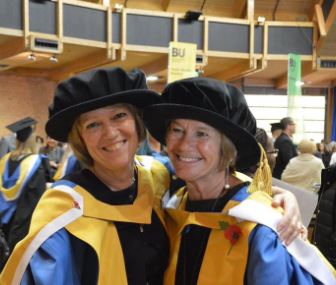
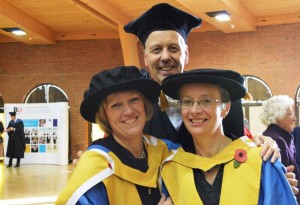
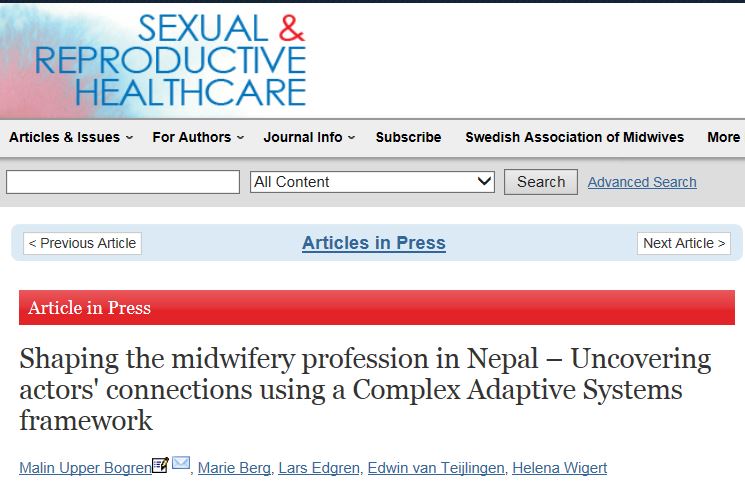
 The
The 
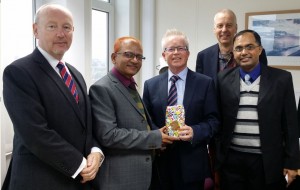
 MMIHS publishes its own journal the
MMIHS publishes its own journal the 
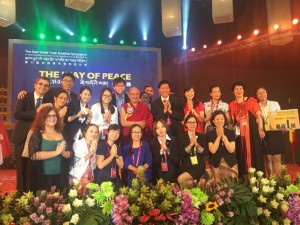 Alexandra Jarrett is a former BU student who is graduating this year from the BA (Hons) Sociology & Anthropology programme in HSS. Prior to taking up her MA studies at the highly prestigious School of Oriental and African Studies (SOAS), Alex was invited to the beautiful northern Thai city of Chiang Mai to present aspects of her final-year dissertation on Buddhist death rituals and beliefs.
Alexandra Jarrett is a former BU student who is graduating this year from the BA (Hons) Sociology & Anthropology programme in HSS. Prior to taking up her MA studies at the highly prestigious School of Oriental and African Studies (SOAS), Alex was invited to the beautiful northern Thai city of Chiang Mai to present aspects of her final-year dissertation on Buddhist death rituals and beliefs.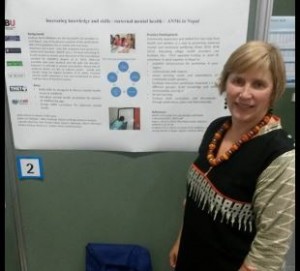
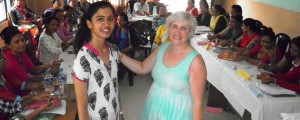

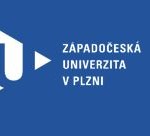

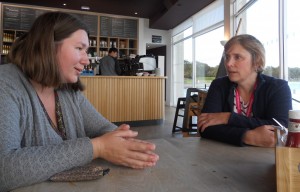
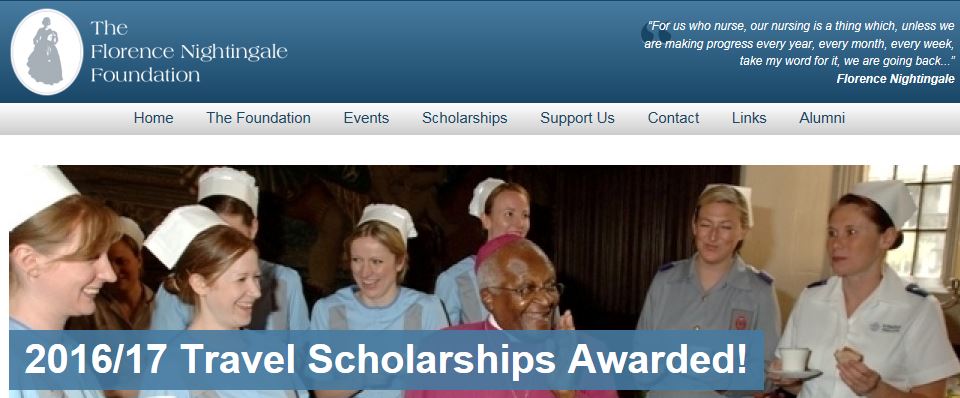
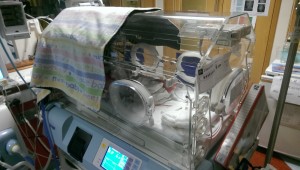 Recent advances in neonatal care have led to improved survival rates for preterm infants, but this has led to greater challenges in providing these survivors with adequate nutrition. Docosahexaenoic acid (DHA) and arachidonic acid (ARA) are dietary fats essential for optimal brain growth and development. During the last trimester the placenta provides the foetus with high levels of DHA and ARA and extremely preterm infants, born at less than 28 weeks, are therefore at the greatest risk of deficiency as this supply has been cut short. In this new study the DHA and ARA intakes of extremely preterm infants was measured from all sources over the first six weeks of life and compared to European intake guidelines and levels provided in utero.
Recent advances in neonatal care have led to improved survival rates for preterm infants, but this has led to greater challenges in providing these survivors with adequate nutrition. Docosahexaenoic acid (DHA) and arachidonic acid (ARA) are dietary fats essential for optimal brain growth and development. During the last trimester the placenta provides the foetus with high levels of DHA and ARA and extremely preterm infants, born at less than 28 weeks, are therefore at the greatest risk of deficiency as this supply has been cut short. In this new study the DHA and ARA intakes of extremely preterm infants was measured from all sources over the first six weeks of life and compared to European intake guidelines and levels provided in utero.










 Nursing Research REF Impact in Nepal
Nursing Research REF Impact in Nepal Fourth INRC Symposium: From Clinical Applications to Neuro-Inspired Computation
Fourth INRC Symposium: From Clinical Applications to Neuro-Inspired Computation ESRC Festival of Social Science 2025 – Reflecting back and looking ahead to 2026
ESRC Festival of Social Science 2025 – Reflecting back and looking ahead to 2026 3C Event: Research Culture, Community & Cookies – Tuesday 13 January 10-11am
3C Event: Research Culture, Community & Cookies – Tuesday 13 January 10-11am Dr. Chloe Casey on Sky News
Dr. Chloe Casey on Sky News ECR Funding Open Call: Research Culture & Community Grant – Application Deadline Friday 12 December
ECR Funding Open Call: Research Culture & Community Grant – Application Deadline Friday 12 December MSCA Postdoctoral Fellowships 2025 Call
MSCA Postdoctoral Fellowships 2025 Call ERC Advanced Grant 2025 Webinar
ERC Advanced Grant 2025 Webinar Horizon Europe Work Programme 2025 Published
Horizon Europe Work Programme 2025 Published Update on UKRO services
Update on UKRO services European research project exploring use of ‘virtual twins’ to better manage metabolic associated fatty liver disease
European research project exploring use of ‘virtual twins’ to better manage metabolic associated fatty liver disease